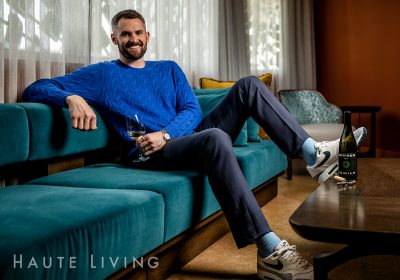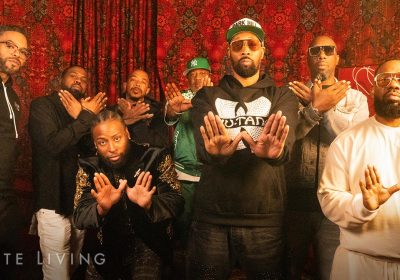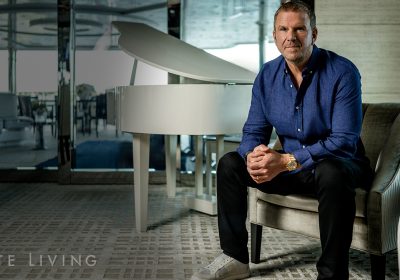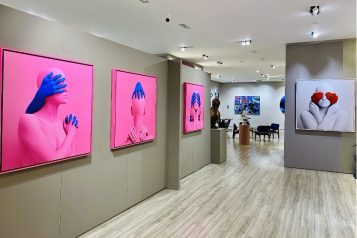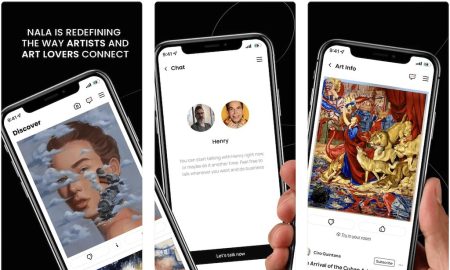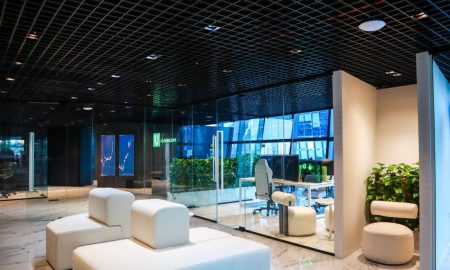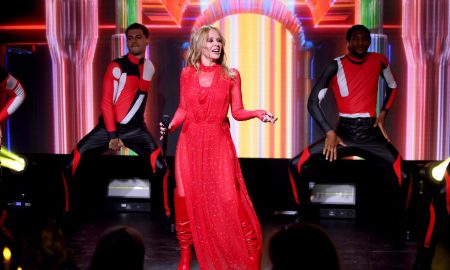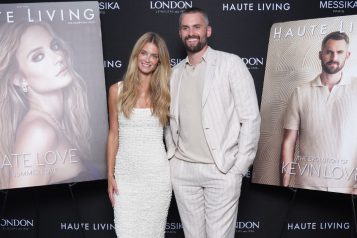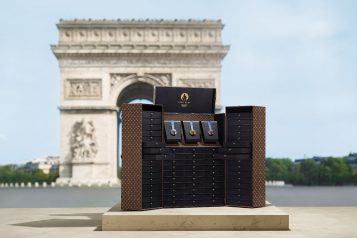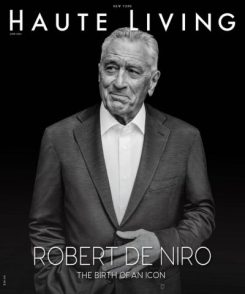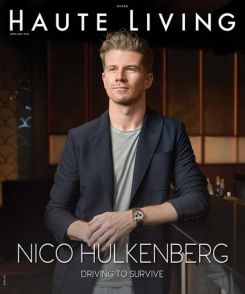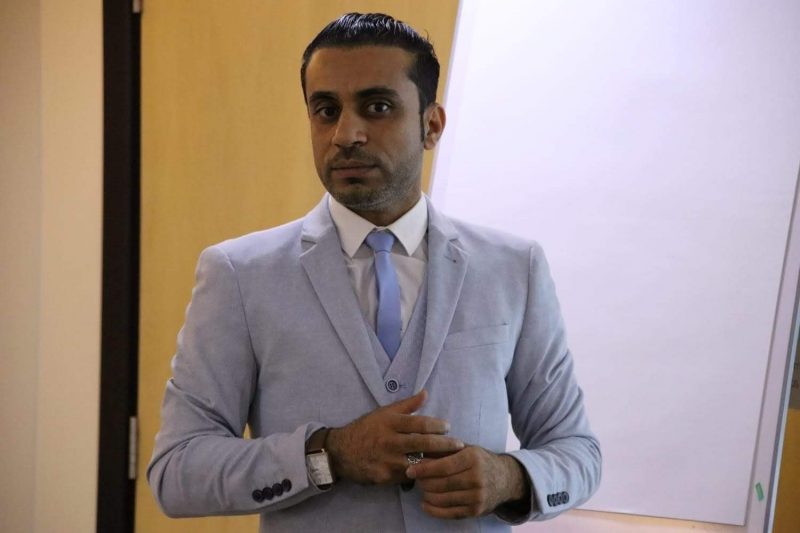 Photo Credit: Faisal Sharaf
Photo Credit: Faisal Sharaf
Written in partnership with DN News Desk
The entertainment industry has long suffered from a lack of diversity and inclusion. In recent years, however, there have been some notable improvements in the representation of marginalized groups. More movies are now featuring diverse characters and actors.
Faisal Sharaf, a Marketing Consultant in the Kingdom of Bahrain, is a movie buff who is always on the lookout for films representing all groups of people. He gave us his list of movies that, according to him, embraced diversity and inclusion.
Star Trek
This iconic franchise has changed pop culture in many ways since NBC aired its first episode in 1966. Star Trek has influenced many people, from how they think, to how they live their lives. The most significant influence of Star Trek, however, is in representation. From having one of the first black women in a lead role in Uhura to having a Japanese character in Hikaru Sulu, Star Trek pushed the boundaries in how people of color were represented in films. Star Trek also showed that in inclusiveness and diversity, execution matters just as much as intention. It is not enough to have women or people of color in a film; their inclusion should be in a meaningful way, not just as minor characters.
Fast and Furious
Fast and Furious, primarily known for its fast cars, street races, and seemingly impossible stunts, has become a benchmark for inclusivity and is considered the most diverse blockbuster movie franchise of the modern era. The cast of the nine movies (eight movies in the main saga and one spin-off film) are among the most racially diverse in Hollywood, with each of the cast members having a role to play without having the white hero character overshadow all others. Paul Walker was the only male white hero in a diverse cast that included Korean, Latina, Israeli, Brazilian, and African-American actors. The film’s lead female cast are great drivers, just as good as their male counterparts; they are not in the film to satisfy a female quota. The franchise’s diversity extends to the talent behind the camera; only one of the eight films is directed by a white director.
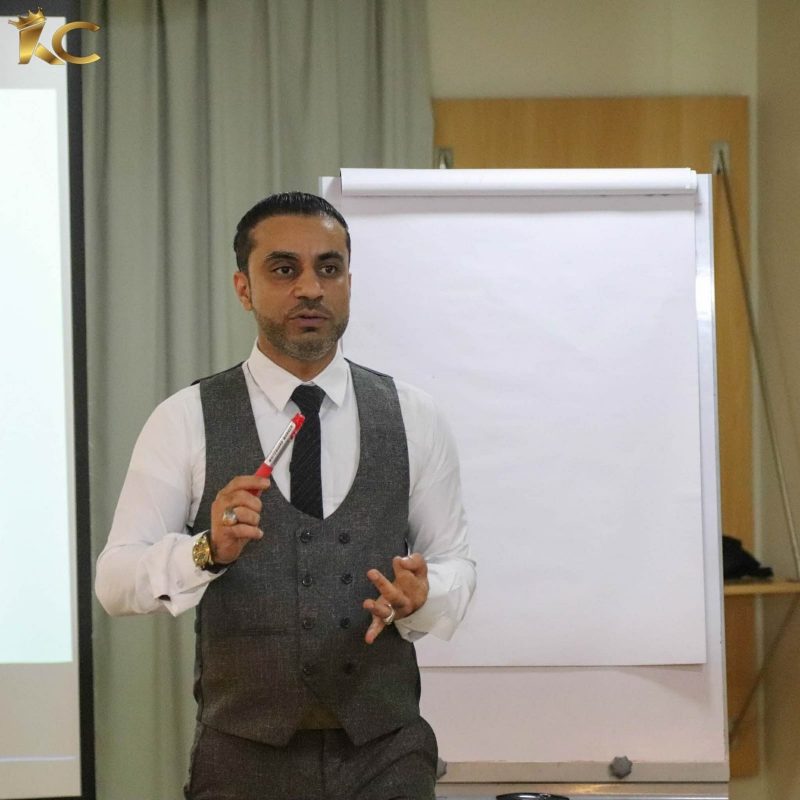 Photo Credit: Faisal Sharaf
Photo Credit: Faisal Sharaf
Black Panther
The 2018 blockbuster, based on a Marvel comic, represented a turning point in the popular superhero genre. The late Chadwick Boseman, cast as the titular character, was the first dark-skinned African superhero. Black Panther gave black superhero fans a chance to see themselves represented on the big screen. The cast was mostly African-American, which is something rare in box office hits, and its director and producers were all black. The film also featured a strong and brilliant female lead in Shuri, T’Challa’s younger sister, a brilliant scientist orchestrating many inventions for her community. The royal guards in the film are female, an impressive shift from other movies that generally have male guards.
Moana
In its 2016 blockbuster, Disney expands its ethnic diversity in its heroines to include its first Polynesian princess. Moana, one of Disney’s most diverse and progressive films, had actors of Polynesian descent portraying the characters. Moana, the lead, was voiced by Auli’i Cravalho, a native Hawaiian, while Dwayne Johnson, who is of Samoan ethnicity, voiced the god Maui. The music in the film embraced the linguistic diversity of the Polynesian region, with lyrics in Samoan, Tokelauan, and English.
 Photo Credit: Faisal Sharaf
Photo Credit: Faisal Sharaf
The Story of Luke
This humorous coming-of-age story features a high-functioning autistic protagonist who tries to find his footing in life. It shows Luke’s struggles as a 20-something-year-old trying to navigate life, find a job, and a girlfriend. The movie focuses on Luke, the main character, without making him the object of sympathy. It serves as a reminder that the challenges faced by people on the autistic spectrum are sometimes no more daunting than those other people face in their quest to search for an independent life.
While there is still quite a lot to be done in the film industry regarding inclusion, Faisal Sharaf believes that the industry has made progress regarding diversity and has been including people of color to women and people with disabilities.



